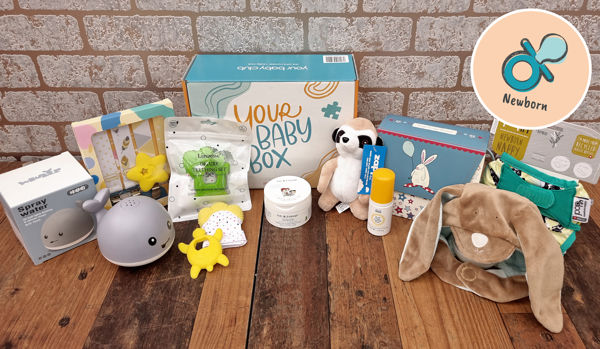Whether you’re feeling excited or apprehensive about the idea of going back to work, there are some things you can do to make it feel easy and good for you. Here are our top five.
- Negotiate working hours that fit your needs
- Join a returners community to boost your confidence
- Remind yourself you’re a rockstar
- Get a return-to-work buddy
- Tell your partner how best to support you
For a lot of people, the thought of having to negotiate our working hours brings us out in hives. It feels like a deeply uncomfortable conversation, even if we have a great boss. We hear from a lot of women that they worry about being seen as not committed enough to the job, or somehow not pulling their weight.
The reality for most parents is that we need flexible working hours. That might be a 3 or 4 day week. Or a shorter day so we can do drop-offs and pickups. Or to be able to take most of our holiday during the school holidays. Whatever your particular combination is, know that this is true for most people, so you’re not being unreasonable asking for flexibility!
The best way we’ve found to approach the flexible working conversation is to be really clear with what you need. That means figuring out how many days you need to work to cover childcare costs. It’s much easier to go into the discussion armed with facts and figures - so if the calculator shows that the numbers stack up the best for you working 3 days a week, then that’s what you can show your boss.
The thing we want to shout from the rooftops is that “you are not alone!” But we know it can feel really weird, or scary to have had a break and then feel like the new girl all over again (with the added stress of having to get home for the childminder).
The good news is that there are loads of great communities of people going through the exact same thing. Whether you want advice on coming back or training, or specific programmes for women coming back into certain industries, or just to hear stories from other women.
If you feel like you’ve forgotten everything about your job and you’re having a wobble about whether you’re still up to the task, this is a great exercise.
Dig out any great appraisals you’ve had over the years and any emails from clients or colleagues that praised you. Write yourself a list of work you’ve done where you felt proud of your contribution. It feels clunky at first, and you might be racking your brain to remember, but as you start to write things down, more will come. Soon, you’ll have a picture of who you are at work when you’re doing great things. Keep this list somewhere you can find it easily, so it’s always there if you’re ever having doubts about your ability.
Plenty of companies give you a buddy when you start working a new job. Someone to show you the ropes, where the loos are and sit with you at lunch, so you don’t feel awkward and alone. Well, treat this the same way. Get yourself (or ask your employer to find you) a buddy. Ideally, this should be someone who has recently returned to work in the past six to twelve months. So they know how it feels to come back. But they’re also clued up on how things operate and any politics or dynamics you need to be aware of (which may have changed since you were last there). It’s your buddy’s job to help you settle back into the swing of things.
If you have a partner, here’s their opportunity to step up and give rock-solid support. Too often, it falls to one parent to try to juggle returning to work and managing the childcare arrangements and running the household. If that’s you, then this is a fantastic time to set some boundaries around the division of labour. It’s stressful enough returning to work without making yourself a martyr!
Again, a plan is your friend here. Grab a calendar or a diary and make a list of all the things that need to get done in a week (childcare drop-off and pick-up, laundry, cleaning the house, ordering your weekly shop). Write it all down - or even better, get your partner to write it all down, so they see just how long a list it is! Then allocate tasks. It’s much easier to make one person responsible for a particular task than to switch it up. So if you want your partner to be responsible for shopping and laundry, great - that’s now 100% their job. It may take a few months to get into the new rhythm, but it is worth it.








